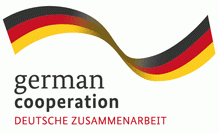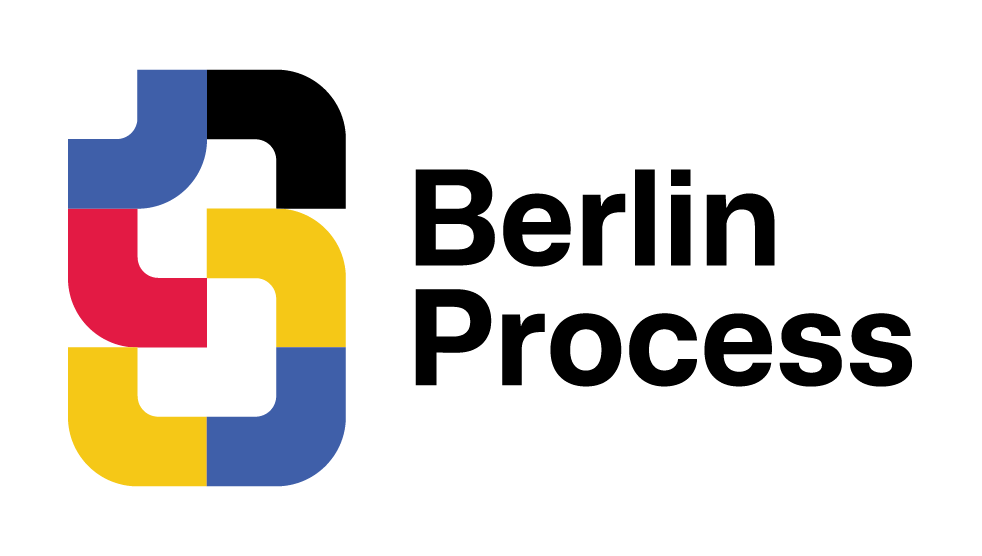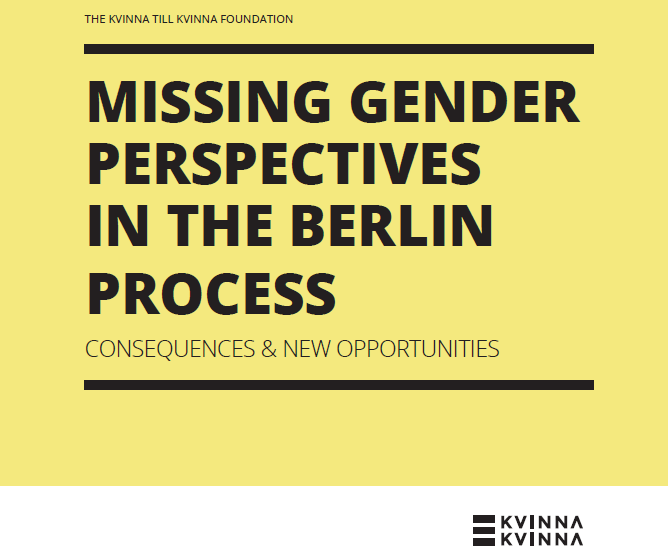A recent analysis published in September 2024 by the Kvinna till Kvinna Foundation, authored by Marie Kirchner, provides a thorough analysis of the absence of gender perspectives in the Berlin Process over the past ten years. The study evaluates key areas such as gender mainstreaming, participation, intersectionality, and representation within the Process. Conducted under the framework of the Berlin Process, which was launched in 2014 to foster regional cooperation and EU integration for the Western Balkans (WB6), the report offers critical insights into the consequences of this oversight and new opportunities for the future.
Key Findings:
Limited Gender Integration
The study highlights that gender perspectives remain largely absent from the Berlin Process. While there have been notable exceptions, such as the 2018 London Summit, gender-related issues are not systematically integrated across discussions or decision-making processes. The report calls for gender to be recognized as a cross-cutting issue that applies to all working groups rather than being siloed into occasional events or topics, such as labor market participation.
Underrepresentation of Women
Women’s representation, especially in ministerial meetings and high-level government summits, is minimal. The study points out that participation in these forums relies on government positions, which are overwhelmingly held by men. While civil society has had opportunities to contribute to the Process, women's civil society organizations (WCSOs) and their concerns remain marginalized, particularly when it comes to influencing agenda-setting.
Missed Opportunities in Policy Fields
The lack of gender consideration in critical policy areas such as reconciliation, security, and economic cooperation is a central theme of the report. Despite the role women play in peacebuilding and the economic transformation of the region, their specific challenges—such as gender-based violence and unequal labor market participation—are not adequately addressed. Furthermore, the study criticizes the limited attention given to intersectionality, especially the experiences of Roma women, LGBTQI+ individuals, and other marginalized groups.
Recommendations for Future Action
The study provides several recommendations for integrating gender perspectives more systematically into the Berlin Process. Key suggestions include the development of gender-mainstreaming guidelines, the continuation of gender-focused side events at annual summits, and the inclusion of WCSOs in consultative processes. Additionally, the study emphasizes the need to combat rising anti-gender movements in the region, which threaten both gender equality and broader democratic progress.
The report underscores the importance of addressing gender equality as a horizontal issue in the Berlin Process, with concrete measures and monitoring mechanisms needed to ensure long-term, sustainable change.
The full analysis, with detailed data and recommendations, is available here.


